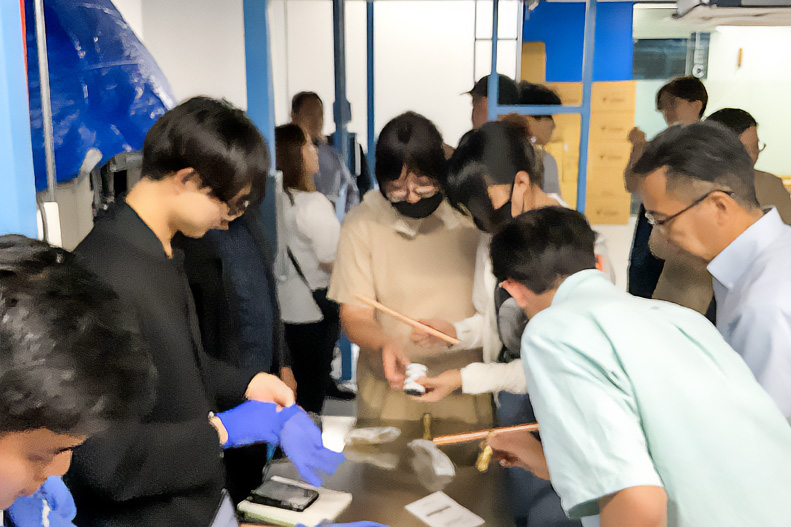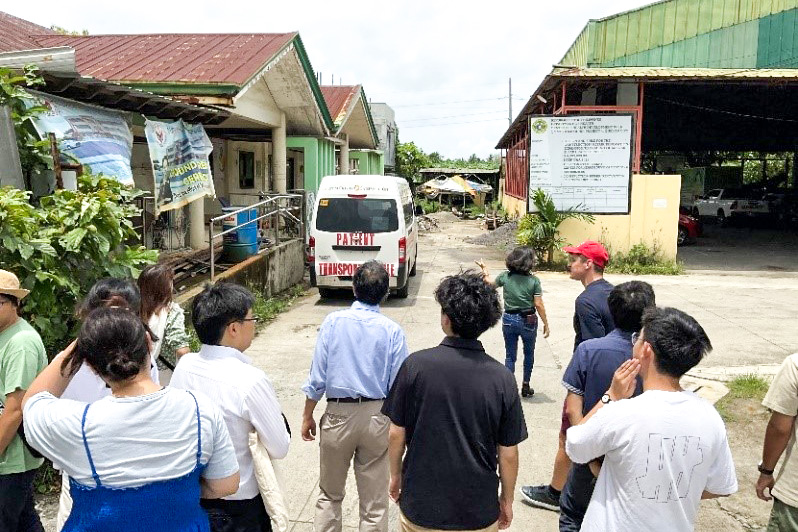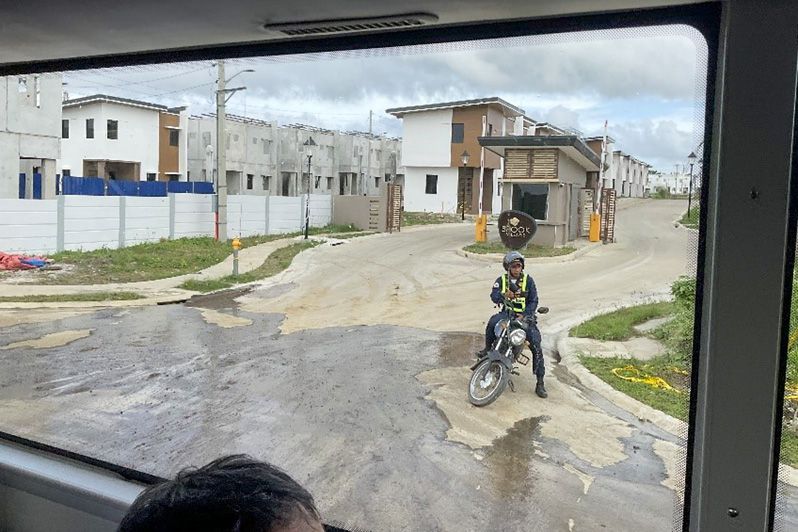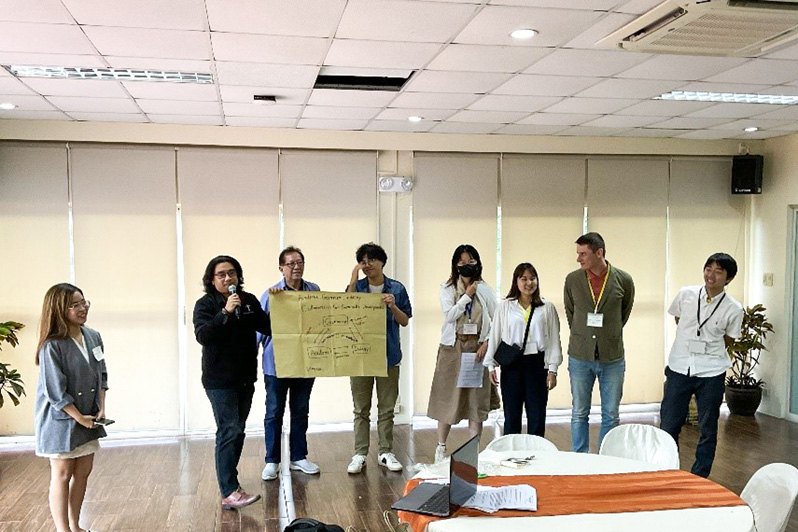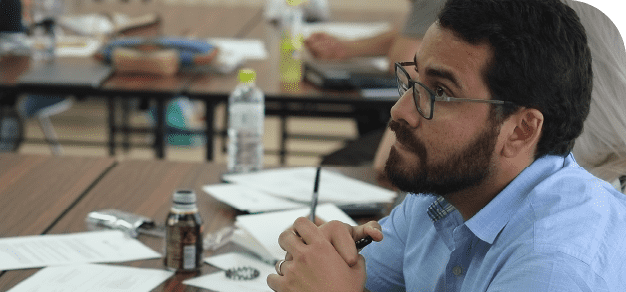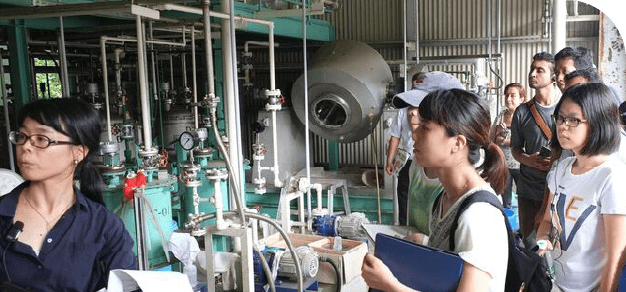GRM Students’ Reports
GRM Group Work PracticeⅠ&Ⅲ
Graduate School of Social Studies 張 芝菱 (Zhang Zhiling)
2023/10/06
I am very satisfied with my five-day trip to the Philippines, and I am grateful for such an unforgettable experience. Next, I would like to give back the three points I have learnt from this study.
Firstly, it was my first time to go to the Philippines, and after experiencing the Filipino people and society, I realized the gap between many developing and developed countries. As a student of social welfare, in Japan, we usually discuss social welfare in terms of welfare systems for the elderly, children, and people with disabilities. However, after going to the Philippines, I realized that the meaning of social welfare in the Philippines is a bit broader. It may be related to life, such as access to pure water and clean toilets. On the issue of water security, an important topic of social well-being for developing countries is access to clean water. I reviewed the WHO report on the burden of disease due to unsafe drinking water, sanitation and hygiene and found that the Philippines has thousands of diarrhea, acute respiratory infections, malnutrition, and soil-transmitted helminths due to unsafe water in 2019. Also, I found that there is a big gap between the bathrooms in the Philippines and Japan. Clean bathrooms have many impacts such as reducing the transmission of intestinal helminths, schistosomiasis, and trachoma, neglected tropical diseases that cause suffering to millions of people; and promoting dignity and safety, especially for women and girls.
Secondly, I was able to experience the future development of a new type of community in the Lipa neighborhood, which is very different from the ordinary communities that I have seen in the Philippines, with the advantage of integrating business, living, technology, and innovation. It provides residents with a convenient and healthy life. In addition, it has a strong impact on attracting investment and enhancing the economic efficiency of the region. However, I believe that this model also has certain disadvantages, that is, the cost of construction is expensive, this resource is only a small part of the Philippine people, and there is no way to popularize it to more residents. I think it is worthwhile for me to think deeply about the issue of redistribution of social resources and equity and the economic efficiency of enterprises.
Thirdly, in the lectures and subsequent panel discussions at the UPLB, I reflected on the topic of the environmental challenges of government, society, and business. Often governments will set an environmental goal and take the lead. Companies, on the other hand, produce environmentally friendly products based on economic efficiency. However, I believe that Chinese consumers are more concerned with cost-effective products and services than with the so-called environmental protection concepts, which puts pressure on companies caught between the government and consumers. Whether the company's production of environmentally friendly products with the government's environmental protection concepts because environmental protection products are more expensive to produce, whether consumers are still willing to pay the bill has become a tripartite problem to consider.
Finally, I want to thank this trip to the Philippines, which allowed me to experience Filipino culture, make Filipino friends, and learn a lot through cultural exchange and collaboration within the group work.
